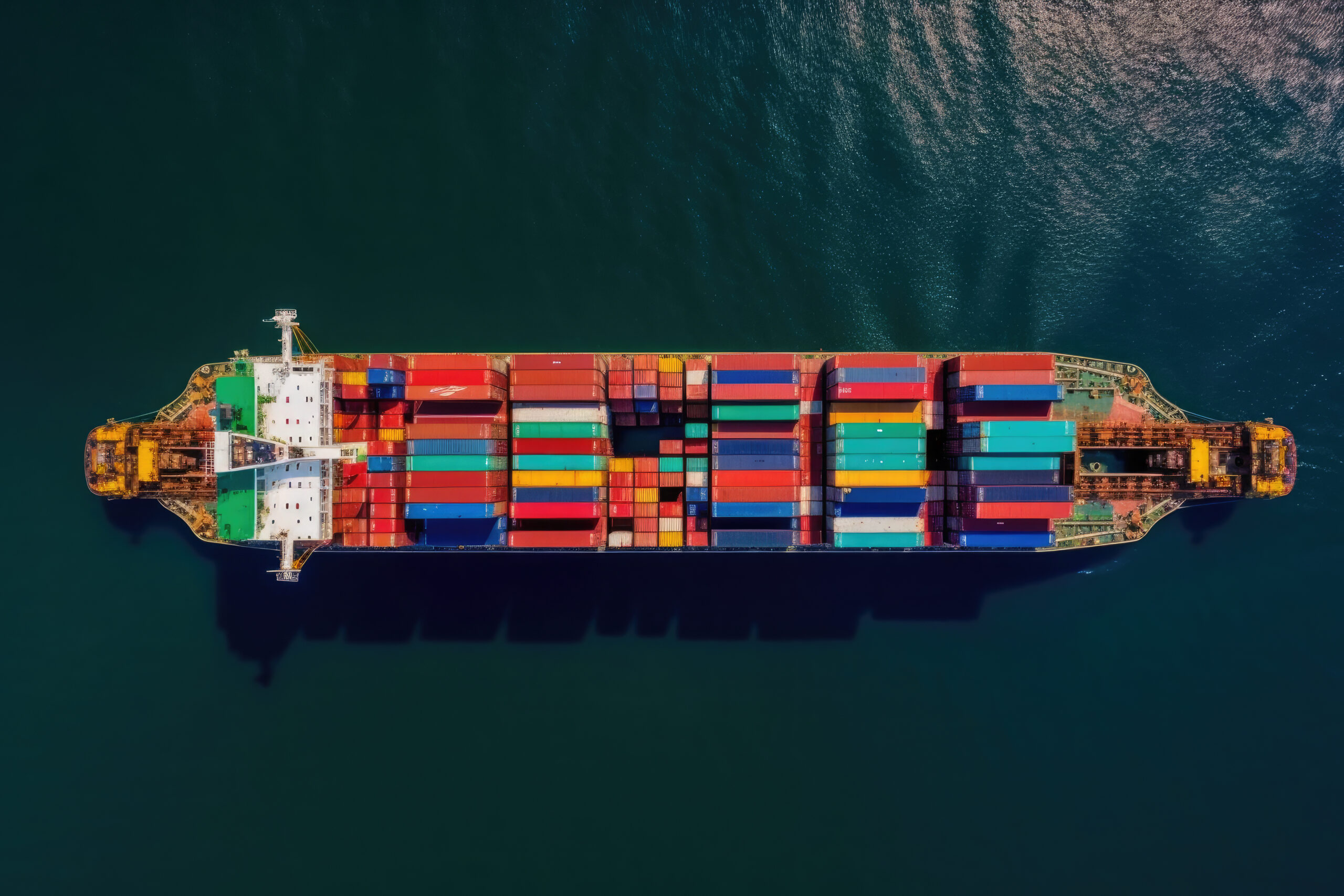Fuel efficiency has become essential in container shipping due to rising fuel costs and environmental regulations. Optimizing fuel usage isn’t just about saving money; it’s also a key part of reducing the industry’s carbon footprint and meeting international standards. This guide explores practical technologies and strategies to help shipowners and operators enhance fuel efficiency.
Fuel-Saving Technologies
Innovative Propulsion Systems
Advancements in propulsion technology are making a significant difference in fuel efficiency. Improved propeller designs, for instance, reduce drag and increase thrust efficiency, helping vessels move through water more smoothly. Hybrid and electric propulsion systems are also gaining traction, offering potential for significant fuel savings in specific operations.
Air Lubrication Systems
Air lubrication systems create a layer of air bubbles along the hull, reducing friction with the water and thus cutting fuel use. Several container vessels have seen noticeable fuel savings by implementing these systems, which reduce drag and allow for more efficient movement through the water.
Waste Heat Recovery
Waste heat recovery systems capture excess heat from the engine’s exhaust and convert it back into energy that can be reused. This approach not only saves fuel but also reduces emissions, as the energy generated from waste heat can be used for other ship operations, reducing the need for additional fuel.
Operational Strategies
Speed Optimization
Speed reduction, or slow steaming, has become an effective strategy for fuel savings. Adjusting speeds based on route and cargo requirements helps optimize fuel consumption without impacting schedules too much. Tools and techniques for managing speed can also help ships stay within optimal fuel usage for different routes.
Maintenance Best Practices
Regular hull and propeller cleaning is essential for maintaining fuel efficiency, as a clean hull reduces drag in the water. Following a scheduled maintenance plan for cleaning the hull and polishing the propeller can yield consistent fuel savings and better overall vessel performance.
Engine Performance Monitoring
Using diagnostic tools to monitor engine performance ensures optimal efficiency. Regular engine tuning and monitoring with advanced systems can help operators make adjustments to achieve the best fuel efficiency, detect issues early, and avoid fuel wastage.
Route Optimization
Weather Routing
Weather routing helps vessels avoid adverse conditions by planning routes based on real-time weather data. This technology not only improves safety but also saves fuel by helping ships navigate the most efficient and safest paths.
Voyage Planning
Integrated voyage planning systems help with strategic route planning, while Just-In-Time (JIT) arrival ensures that ships arrive at ports when they are ready for unloading, which reduces unnecessary fuel usage. Together, these strategies streamline operations and improve fuel efficiency.
Regulatory Compliance
IMO Regulations
Regulations from the International Maritime Organization (IMO) set standards for fuel efficiency. The Energy Efficiency Design Index (EEDI) and Ship Energy Efficiency Management Plan (SEEMP) are essential benchmarks for operators to follow. Compliance with these standards not only helps with regulatory adherence but also encourages efficient energy use.
Practical Tips for Shipowners and Operators
Conducting Fuel Audits
Fuel audits help identify areas for improvement by analyzing current fuel usage and operational practices. A thorough audit process provides insight into which technologies and practices will yield the best efficiency gains, allowing operators to prioritize upgrades effectively.
Training and Awareness
Effective crew training is crucial for sustaining fuel efficiency practices onboard. By fostering a culture of efficiency, shipowners and operators can ensure that the crew understands the importance of fuel-saving measures and follows best practices to minimize fuel consumption.
Conclusion
Improving fuel efficiency in container shipping is achievable with a combination of technology, operational strategies, and regulatory compliance. By implementing advanced propulsion systems, optimizing routes, and adhering to maintenance schedules, operators can significantly reduce fuel use and contribute to a more sustainable shipping industry.

